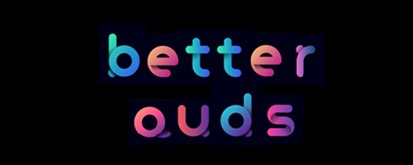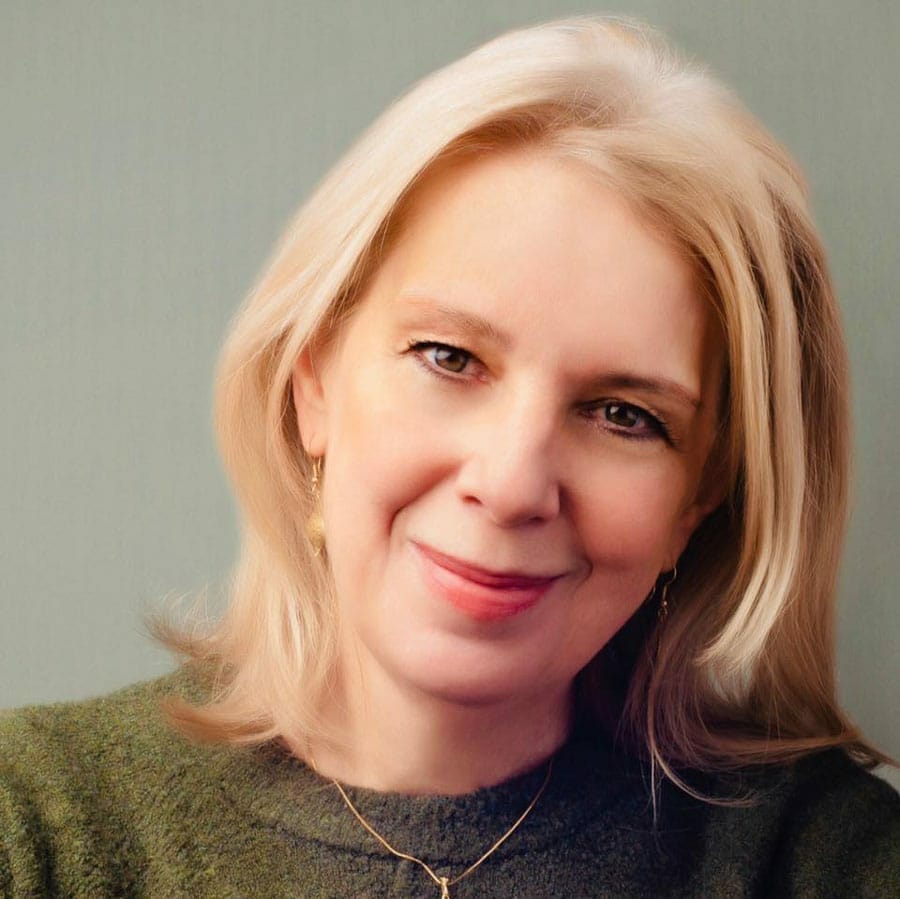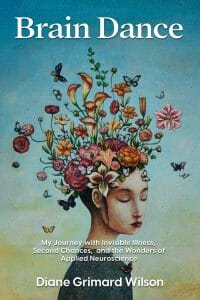Today, we have the pleasure of interviewing Diane Grimard Wilson, Author of Brain Dance.
Hi Diane, Great to have you with us today! Tell us about yourself and how many books you have written.
I am a peak performance coach, psychotherapist, and applied neuroscientist with a private practice in Chicago. I work mostly with executives, athletes, and those in creative roles. Have written two books so far. I grew up in a family of 10 in Michigan and love art, coffee, taking pictures, brain science, walking, and social media. More personally, I am on the geeky side, love fitness, and am currently working to get rid of my 10 pandemic pounds.
What is the name of your latest book, and what inspired it?
Brain Dance is a medical memoir inspired by an accident I had the year after my first book was released. It was one of those things that could have happened to anyone. I was sitting at a stoplight, and someone took a wide turn and drove his car into mine. I suffered a moderate concussion which marked the beginning of a long, non-conforming path from diagnosis to healing and finding myself again and a brand-new career path.
I believe my injury story is not unusual but is rarely talked about. People like me can feel lost, misunderstood even to ourselves, and very alone. Injuries of the brain and how it impacts a life, are topics important to all of us. Everyone needs to understand how to care for his or her own brain and use it optimally in daily life. There is much to learn. I am fortunate to have found situations and people that helped me with a second chance in life.
Do you have any unusual writing habits?
I’m not sure I can write without having a candle lit on my desk. I love the ritual of lighting a candle before starting, and the small flicker feels like divine comfort. I often diffuse citrus essential oils. This makes me think better.
I write best after doing “morning pages” or a 3-page brain dump writing on the stuff that can fill my mind. Internal dragons, demons, assaults – all the self-talk that smothers any sense of creativity and fun. Once that’s on paper (screen), the words and organization emerge much more easily.
I love to write at night. My husband is a very early riser. If I send him things before I turn in, often he’ll review them before I’m awake. Hugely helpful.
If my thinking gets stuck, depressed, and unproductive, I will add neurofeedback to my routine. Because applied neuroscience is my work, it’s easy to be able to put sensors on my head and do brain training. It will reset my mood and thinking. Under stress, I’ll do this regularly to increase creativity and decrease the chances of negative emotions hijacking my energy. Similarly, I do heart-rate variability training. That’s based on coherent breathing. I have a device that gives feedback on how grounded I am. I love science and gadgets, which I discuss at length in Brain Dance.
My hope is that someday everyone will know more about managing their brain.
The last part of writing Brain Dance required seeing all the pieces together. It was hard to upload all that and bring it to the front of my mind since the project was big — 18 chapters. I went on a personal retreat a couple different weekends for this part. I stayed in the downtown Chicago hotel and immersed myself. That was heaven. Even though I live with just one person – a pretty wonderful husband – sometimes I need time and space without anyone or anything to distract me. I would get more done in two days on retreat than I could do in two weeks at home.
What authors or books have influenced you?
First, Julia Cameron, in her book, The Artist’s Way has been a huge influence. She understands artists and writers. I love her perspective that creativity is about finding our authentic voice and cultivating the guidance of our intuition or a Higher Power. Right now, my new book is doing very well. I am proud of it, but I also know that my creativity comes from something bigger than me. It’s my job to show up and do my part. When I can remember and keep this in the center of my mind, there is nothing in the world more satisfying than writing. Nothing.
Another favorite author is the late Dr. Oliver Sacks – he’s the neurologist who wrote Awakenings and The Man Who Mistook His Wife for a Hat. I deeply admire his curiosity and ability to describe science in ways most people will understand and find fascinating. He conveyed a sense of wonder and reverence for neuroscience, his patients, and their quirky challenges. These are all strengths I aspire to.
What are you working on now?
Brain Dance has been out for less than 30 days. I am working on events to expose people to the messages of the book: Its mission is to increase brain awareness and health. Human stories are powerful for learning about self-care and compassion for others during this pandemic.
I host a podcast (GeniusPodcast), Sciencing Our Human Potential interviewing experts on health, the brain, biofeedback, and neurofeedback. Many experts I interviewed this season were advance readers of Brain Dance.
It’s fun to have this variety of activities, and I consider this phase of sharing Brain Dance as part of the writer’s role. To be honest, I’m a hermit though, and already miss days when I just see my clients and/or write.
Also, so far, I get a fair amount of emails from Brain Dance readers. This surprises me, and I love reading and answering it. I am considering some speaking opportunities and podcasts where I can be interviewed and would love to do a TEDx talk.
What is your best method or website when it comes to promoting your books?
This graph is too long, but I don’t know what to do with it.
I’m in the process of learning about the best ways to promote Brain Dance. I’m a somewhat shy person, but because the book has a real mission, it gives me more courage.
Brain Dance takes complex neuroscience concepts and makes them understandable, accessible. I would love to see people become as knowledgeable and comfortable talking about brain function as they would their knees. (Doesn’t almost everyone know the word “meniscus” or ACL?) The brain is this magnificent organ, and we must continue learning about it to help ourselves and our society.
One dream is that many book clubs will read and discuss Brain Dance. I would also love to see it on curriculums in neuroscience classes. We learn and organize information through narratives. It’s so important for professionals in training to learn science by hearing stories on how injury affects real people and those we love.
I had 24 experts in my own and related fields read Brain Dance before we released it. I wanted to make sure I got all the details right, and I would never have to worry about accuracy. Confession: I teach calmness but can be a bit of a worrier. They found some issues I fixed before publication. But overall, their reviews were shocking to me in a different way. They said things like:
“I read this in 3 days, I couldn’t put it down.
This is science that reads like a novel.
I love your sense of humor.
This is like Oliver Sacks.” (That was truly my favorite comment so far.)
As I think about it, many people love learning about the brain and overcoming unexpected life disasters, especially after the pandemic. People like feeling more informed in a good way. Brain Dance is candid, not stuffy. When we’re candid, most people would agree that life can be fairly humorous.
The advance reviews built my confidence that the editors who helped me and I had done a good job. We share the praise of advance readers in our social media posts to let readers know what Brain Dance is like. My advice would be to get lots of advance readers.
Do you have any advice for new authors?
Let writing work for you. Sometimes we try too hard. Enjoy it. Let yourself love writing and let your intuition guide you.
Always be a student. Learn your craft and continue to hone it. So important, find good editors, people you can be vulnerable with, and whose opinions you trust. I was very fortunate.
Make friends with other writers, support them, and let them support you. Being a writer isn’t easy. It’s a whole orientation to life that’s not common. It takes our heart, brain, and soul to do it authentically. Writers aren’t like other people; we need each other.
What is the best advice you have ever heard?
Trust your intuition. Listen to that voice deep inside you, and things will line up much better.
What are you reading now?
I am reading two books. One is a medical mystery on transplants by Amy S. Peele called Match, and the other is a memoir by Alex Kuisis called Truth Matters and Love Always Wins.
What’s next for you as a writer?
I started a folder of new book ideas while writing Brain Dance and look forward to taking steps to begin my next book when the time is right. I enjoy long projects. But Brain Dance is still a baby, and I really want her to get out into the world. I look forward to writing more blogs, doing podcasts with fascinating people related to brain health and awareness, biohacking, and peak performance. I would love to do a TEDx talk when the time is right. There is much work to do.
If you were going to be stranded on a desert island and allowed to take 3 or 4 books with you, what books would you bring?
- The Art of Power by Thich Nhat Hanh
- A Course in Miracles
- Co-Dependent No More by Melanie Beattie (These aren’t new books but are so wise)
- My journal
Fantastic! So tell us, how can people find out more about you?
You can visit the website or check out Facebook @braincoach333.
Thank you so much, Diane, for giving us your precious time! We wish you all the best for your journey ahead!


